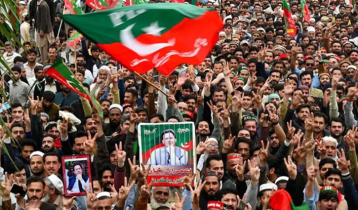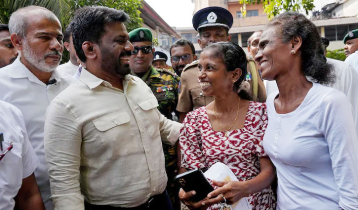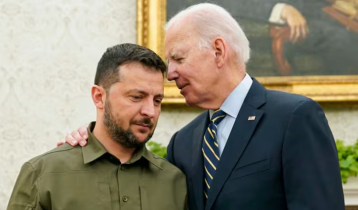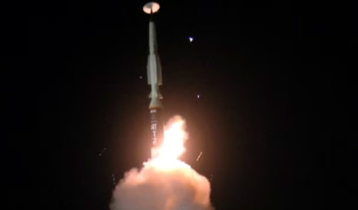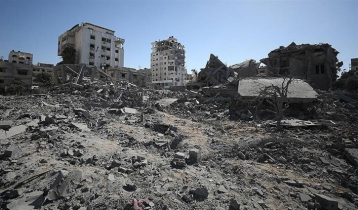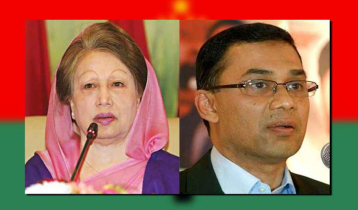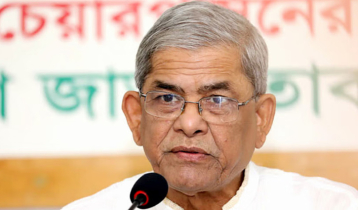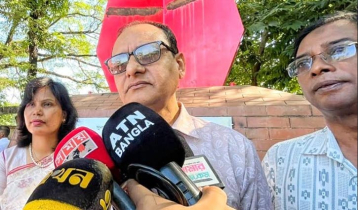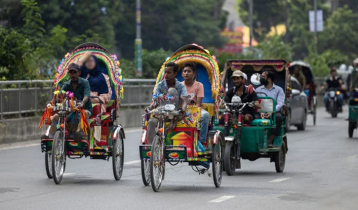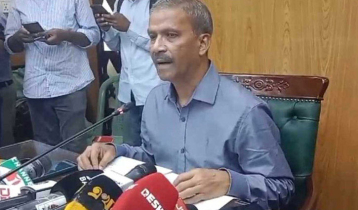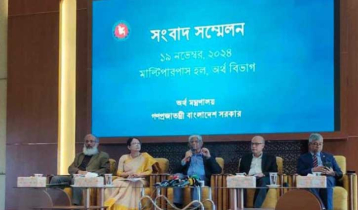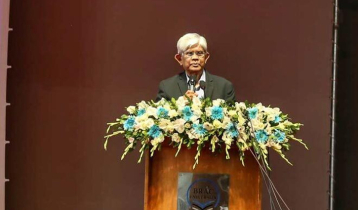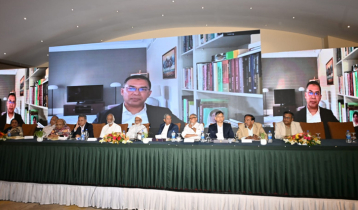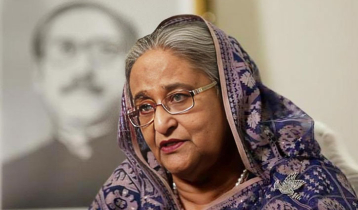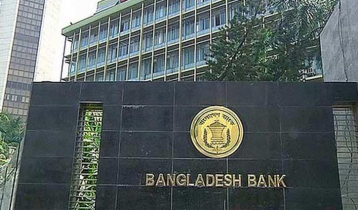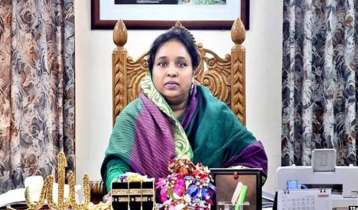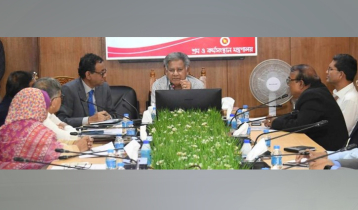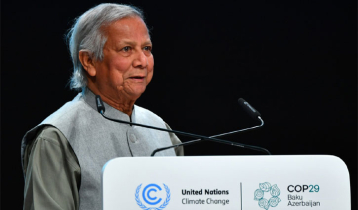Govts 'not on track' to meet greenhouse gas targets
5 || risingbd.com
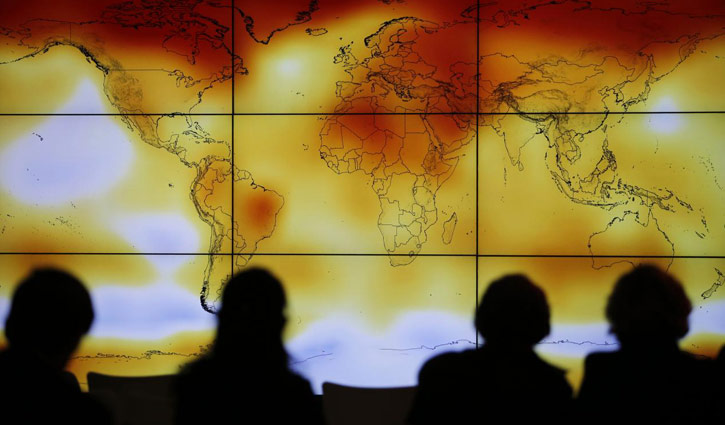
International Desk: A top UN official has warned that urgent action is required to avoid the “catastrophic effects” of climate change ahead of important negotiations taking place in Bangkok.
After heatwaves and extreme weather swept the world this summer, there is hope among climate experts that leaders will be galvanised to act.
Patricia Espinosa, head of the executive secretary of the UN Framework Convention on Climate Change (UNFCCC), said governments are not doing enough to meet their climate targets.
Specifically she said they are unlikely to hit the ambitious goal of the Paris climate agreement to cap temperature increases not only below 2C, but closer to 1.5C.
“1.5 is the goal that is needed for many islands and many countries that are particularly vulnerable to avoid catastrophic effects. In many cases it means the survival of those countries,” Ms Espinosa told Reuters.
“With the pledges we have on the table now we are not on track to achieve those goals.”
The Paris agreement set out grand ambitions to move the world away from fossil fuels and avert the worst consequences of climate change.
However, the plan was vague on details, and after the US and now Australia have distanced themselves from the agreement there is more pressure than ever to take decisive, binding action.
The week-long session in Thailand’s capital was hastily arranged in May after talks held in Bonn stalled and failed to produce tangible outcomes.
Countries must decide the rules that will govern the Paris climate agreement, and without this “negotiating text” the UN climate change conference held in Poland at the end of the year will have no basis.
Ms Espinosa said she hoped a draft text for this rule book will emerge from the Bangkok talks. This can then ideally be agreed on by government ministers at the December meeting in Katowice, Poland.
“This is a process that has been ongoing for some time,” she said.
“One of the reasons why this is so complex is because we are talking about... many different areas. One of those areas that countries need to take action on is to reduce their emissions.”
The discrepancy between the impact climate change has on rich and poor nations has been a major sticking point in talks.
To address this, richer nations have pledged $100 billion to the developing world to aid in its transformation to tackle climate change.
“There is a clear view that the $100 billion is only one part of the broad transformation of our societies that we are talking about... There is also a need to mobilise private financing,” said Espinosa.
She added that heatwaves, droughts and wildfires from the Arctic to Australia should give new impetus to the talks in Thailand.
Though these events are still ongoing throughout much of the world, scientists have already been able to identify the “fingerprint” of climate change on them. Preliminary evidence suggests that without steadily rising temperatures, such events would have been less intense and less likely to happen in the first place.
Bangkok itself is a low-lying city that is likely to feel the effects of a changing climate very soon.
One World Bank report concluded that nearly 40 per cent of the capital will be inundated by rising waters by 2030 due to heavy rainfall and changing weather patterns.
“It really does make the evidence clear that climate change is having an impact on the daily lives of people,” said Espinosa.
“I do believe that this will create a bigger sense of urgency.”
Source: The Independent
risingbd/Dhaka/Sept 2, 2018/AI
risingbd.com


